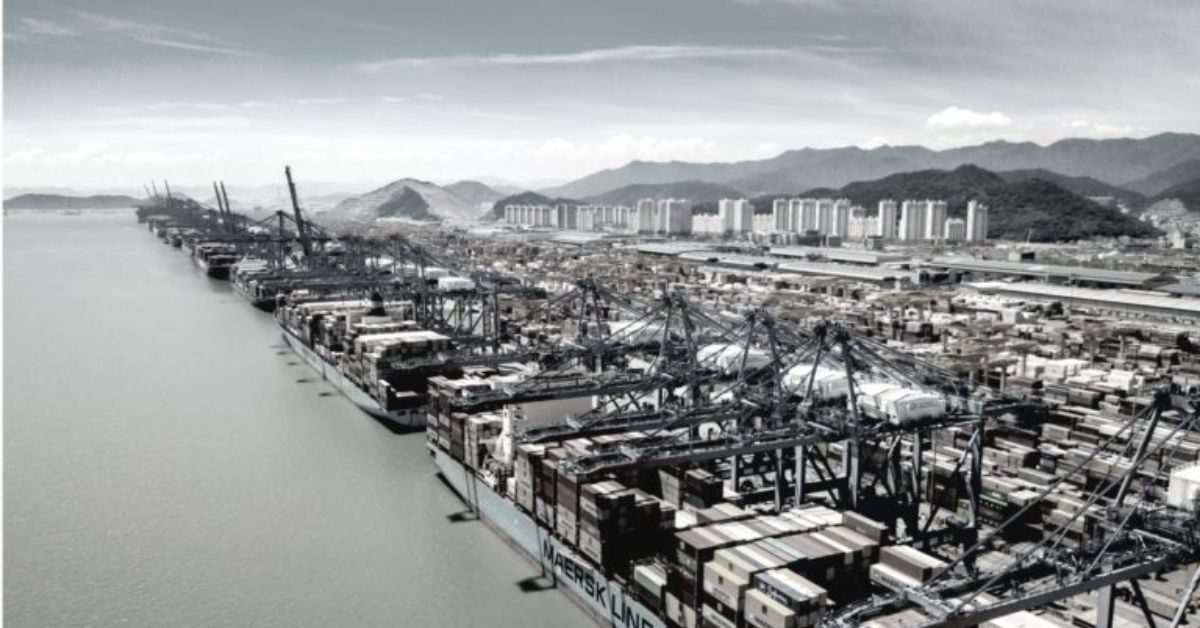South Korea’s Ministry of Oceans and Fisheries said that liner operators have been omitting calls to Busan, reportedly because Chinese shippers are more willing to pay higher freight charges.
Citing data from Busan Port Authority, the ministry said that from the beginning of this year to 10 July, 6,767 container ships entered the country’s busiest container port, a decrease of about 700 (9%) compared to the same period last year.
THE Alliance, comprising Hapag-Lloyd, ONE, Yang Ming and HMM, is among those skipping Busan. From 19 July to 15 August, the alliance’s MD2 Asia-Mediterranean service will not stop at Busan.
To maintain schedule reliability and prioritise container allocation, liner operators have been skipping ports that are perceived to be less important, said Linerlytica analyst Tan Hua Joo, who told Container News that the situation is not unique to Busan.
Chinese ports Qingdao and Tianjin have also been affected, even though Tianjin is the main port serving Beijing.
In May, Maersk Line decided to skip Ningbo-Zhoushan, Busan and other Japanese ports on several Asia-Australia services.
Despite liner operators skipping calls to Busan, BPA figures show that container exports from the port actually increased in H1 2021. Transpacific exports totalled 534,000TEU, up 24.2% year-on-year, while exports to Europe went up by nearly 18%, to 326,000TEU.
Explaining the anomaly, Drewry senior manager for container research, Simon Heaney told Container News, “It’s entirely possible for trade flows to increase despite fewer actual calls. It could be that ships are bigger on average, and/or they are more fully utilised than before.”
MOF said that to alleviate the capacity and equipment shortage, it had worked with South Korean ocean-going carriers HMM and SM Line to deploy more ships and offer “extra loader” services.
As of 12 July, HMM and SM Line have deployed 44 ships to Transpacific and Asia-Europe routes, transporting an additional 121,000TEU as a result.
Source: Container news







